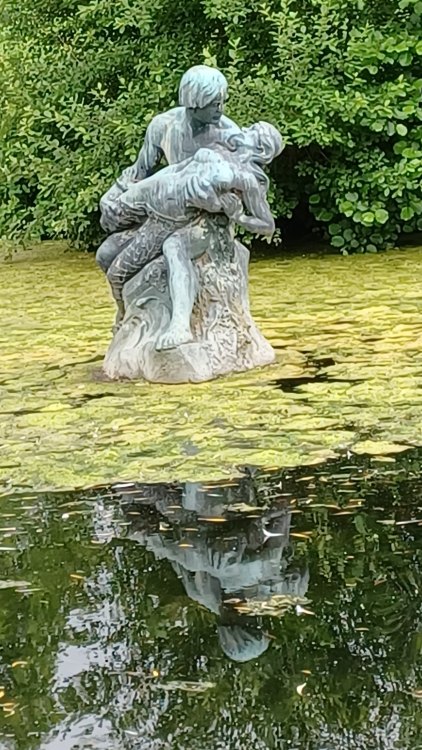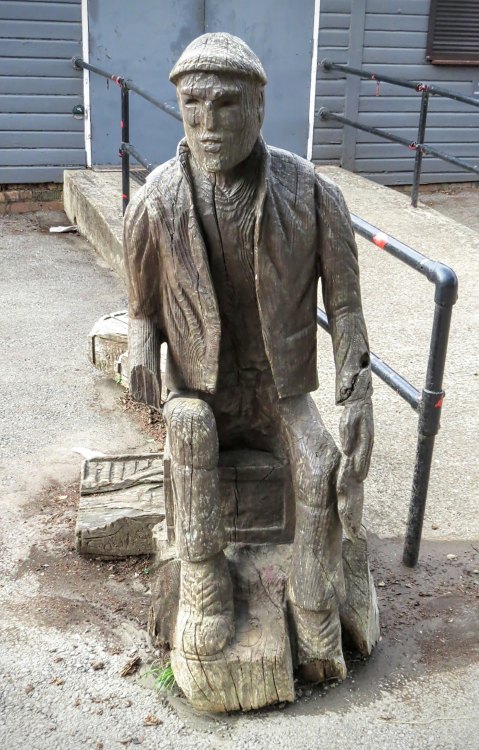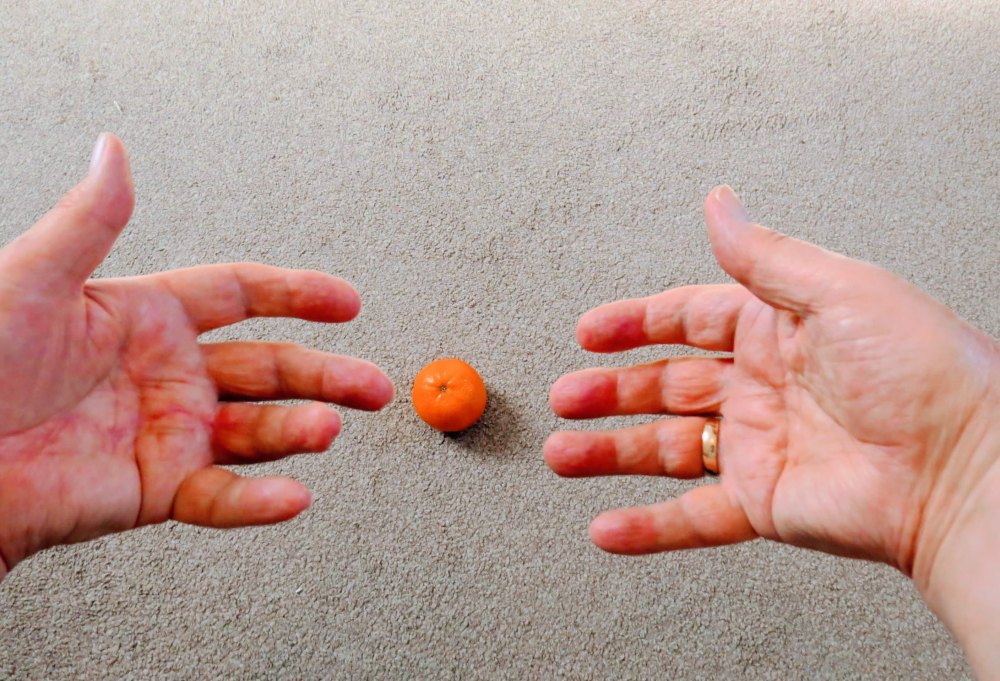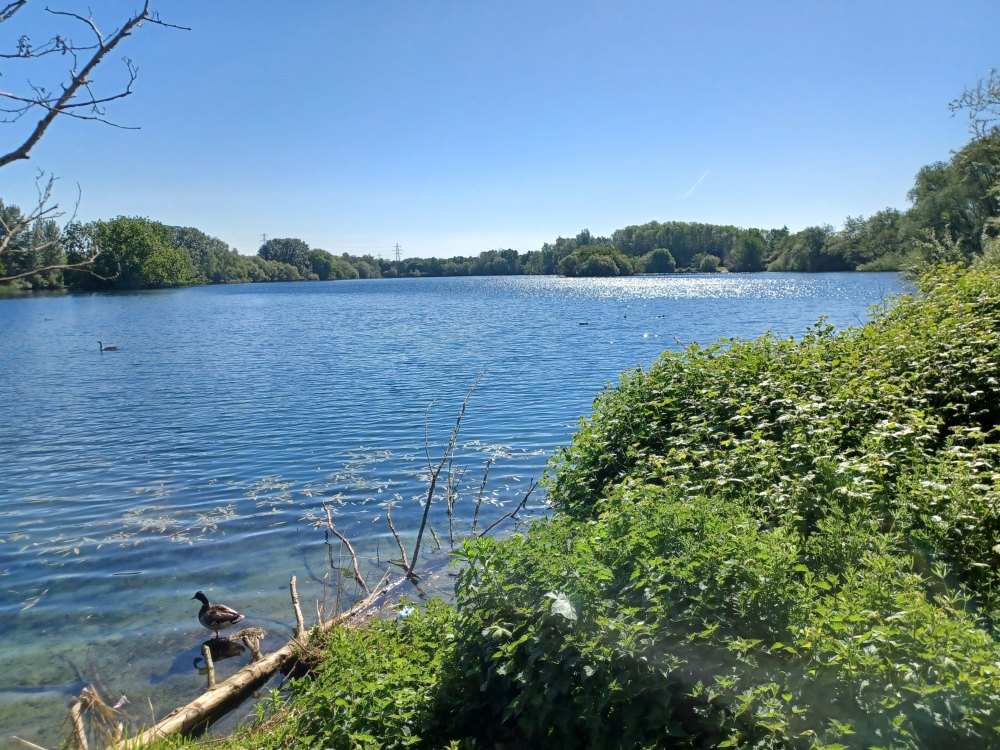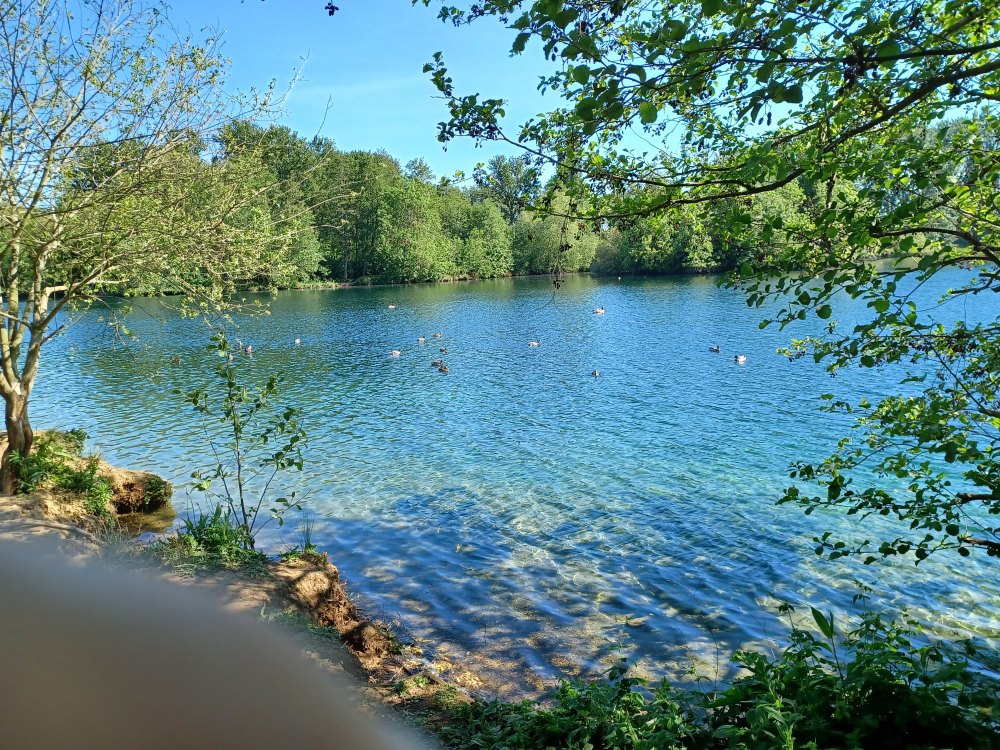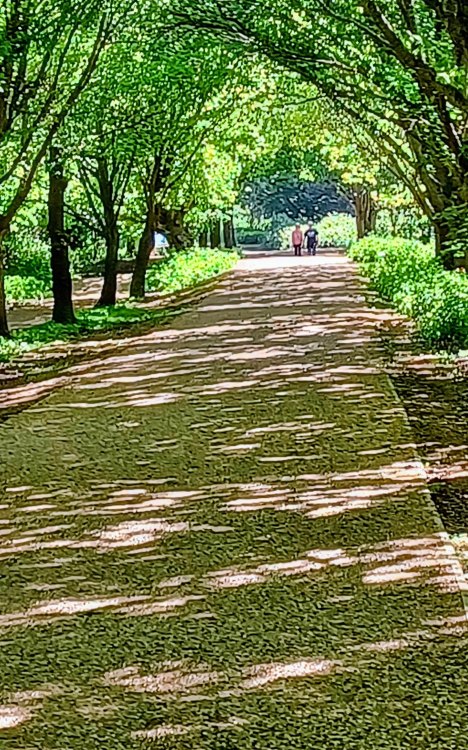-
Posts
41,479 -
Joined
-
Last visited
About taurean

- Birthday 27/04/1950
Previous Fields
-
OCD Status
Sufferer
-
Type of OCD
Thoughts
Profile Information
-
Gender
Male
-
Location
Northampton, England
-
Interests
Olympics (especially London 2012),Athletics,Swimming,Photography, Astronomy, Archaeology, Antiques Programmes on TV,Art. Choral and Classical Music, Jazz, Fishing, Aerobic Exercise, Gardening, National Trust, Wildlife
-
-
That's he of " The Scream", is it not? The swirls in the paint are similar, plus it has the look of Van Gogh about it. I haven't been to the National Portrait Gallery, but it's next to The National Gallery, and they have overhauled the collections there. Maybe I will make a trip down soon. My favourite room in the National Gallery housed three especial favourites. The Haywain by Constable. Salisbury Cathedral from The Meadows by Constable And The Fighting Temeraire - by J.M.W. Turner. I wonder if they are now still in the same room together.
-
Last Saturday I was at Coombe Abbey Country park, just outside Coventry, with a couple from the camera club. We found loads of interesting things to photograph, and I loved this sculpture. It's called " The fisherman and the nymph " by Jennie Fairbrother. The setting, in the lake, is perfect, and in my photograph the lillies and the reflection add pleasingly to the composition.
-
Last camera club event was a presentation to help remember the basics when taking pictures, then deploy them in a still life practical session. I used my tripod, cable release and speedlight flashgun in this. In addition to auto linking with the camera sensors, you still have the capability to set one of 8 power levels for the flash, and I found for the session that the lowest power level proved best. A diffuser fitted to the flashgun spread the light evenly and minimised shadow. Some pleasing photos resulted.
-
The camera club have been to Coombe Abbey Country Park just outside Coventry today, a round trip of 60 miles - though I broke it up with stops for lunch, and tea, in my hometown of Rugby - just over halfway there. We were running the gauntlet of threatened showers, which duly came when we were reaching the end of the walk. But before then we got some cracking pictures - and this sculpture I deem art, especially within the environment I have captured in my image.
-
Couple of shots, on my sculpture/stage theme, taken at another country park this week. The man is made out of wood and depicts a quarryman.
-
-
I plan to drop into the Northampton museum and art gallery soon. If I do, will let you know what art I saw there. 🖼
-
This image I took today, of a stagnant pool at Stowe Landscape Garden, actually - with a bit of subtle editing- looks more like an art picture 🖼
-
Had the main part of the day free today so, with the blessing of my wife, I took off in the car for the ten mile drive to the beautiful National Trust location of Stowe Landscape Garden. We are long-standing members of National Trust so my entry was free, and I enjoyed a pulled pork bap and coffee in the tearoom before embarking on a long walk round the gardens. Laid out by Lord Cobham for his aristocratic friends to enjoy on visits, the gardens have themes such as pathways of vice or of virtue,and are filled with gothic architecture and waterways. Today I took the path of virtue, and here are some of the photographs I took. Beautiful day, great fun, some 5 miles walked and some great images taken.
-
I have come up with another take on my composition for the set subject "hands", in a camera club competition coming up later. I took it in my loft room, using natural light, with the Canon camera on a tripod and using the timer release feature. I added in the orange to create a focal point.
-
Ah - someone has used a fish-eye lens to create that
-
That's a famous painting - I think it might be in the National Gallery?
-
Back out again, just with the smartphone this time. But you can still get very good images just with the camera in the phone. These ones were taken this morning on a walk in the grounds of Delapre Abbey. The house and grounds are administered by a heritage trust, the land inalienable. So you get these beautiful walks ,and a gorgeous lake.





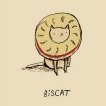



.thumb.jpg.4db651455c4b21600b443e0191942030.jpg)

